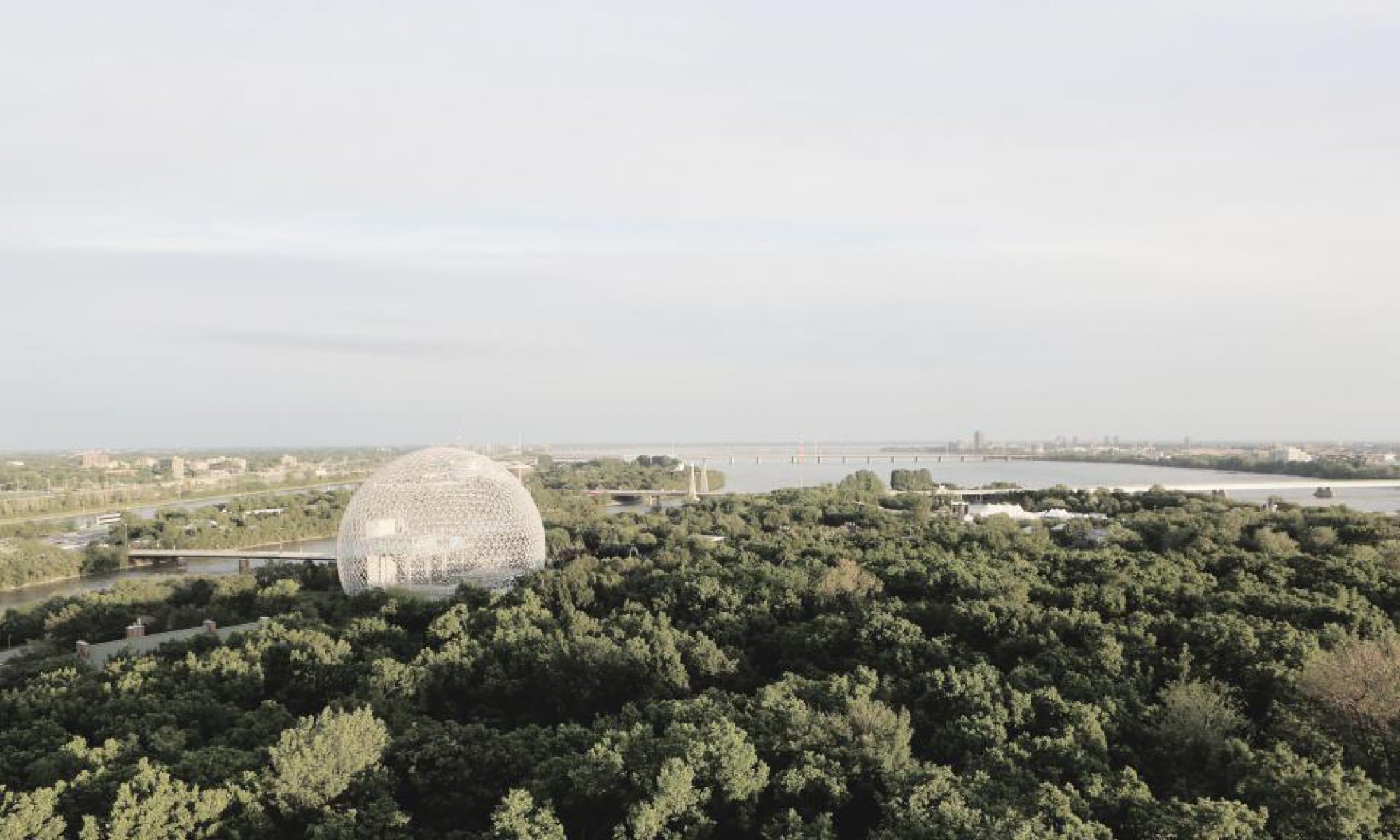
June 1st
Guest Presentations
9:00am-2:00pm York Amphitheatre, Concordia University
EV 1.615 (1st floor), EV building, 1515 St. Catherine West (between Guy & Mackay)
Opportunity for public discussion; simultaneous translation provided; wheelchair accessible.
Long Table Discussion
4:00pm-6:00pm Art History Seminar Room, Concordia University
EV 3.760 (3rd floor), EV building, 1515 St. Catherine West
Opportunity for public engagement and discussion; informal translation provided; wheelchair accessible.
publicaddresssystems.org/projects/long-table/

June 2nd
A Public Talk by Dr. Thomas F. DeFrantz, “Dancing the Museum”
6:00pm-7:00pm Musée des Beaux Arts
Maxwell-Cummings Auditorium, 1379 Sherbrooke West (btwn Ave de Musée and Rue Redpath)
A Q&A moderated by Cheryl Sim Ph.D., Managing Director and Curator at DHC/ART Foundation for Contemporary Art, will follow.
Open to public, wheelchair accessible, a transcript in French translation available on-site.
ABSTRACT: “Dancing the Museum”
This talk explores the ways that dance in the museum shifts across generations of theatrical dance practice to land, uneasily, in concert with the curator’s craft. We will consider the embodied assumptions that surround the designations of dance across historical eras, and the ways in which these types of dance exceed or conform to possibilities of museum spaces. We will wonder at the gulf between the capacious physicality of dance practice, and the cultural capital afforded to museums that inevitably encourages choreographers to work in these rarefied sites. We will attempt to account for some of the ethical dimensions of dancing the museum for artists, even when the conditions of performance are far from ideal. The talk also considers the recent shifts in theoretical language affiliated with certain modes of dance production, and the exclusivity that academic language can create around very public practices of dance and performance. It also contends that theoretical language allows for transitions to museum curation of dance performance, whether that performance arrives fundamentally prepared for the spaces of the museums.
